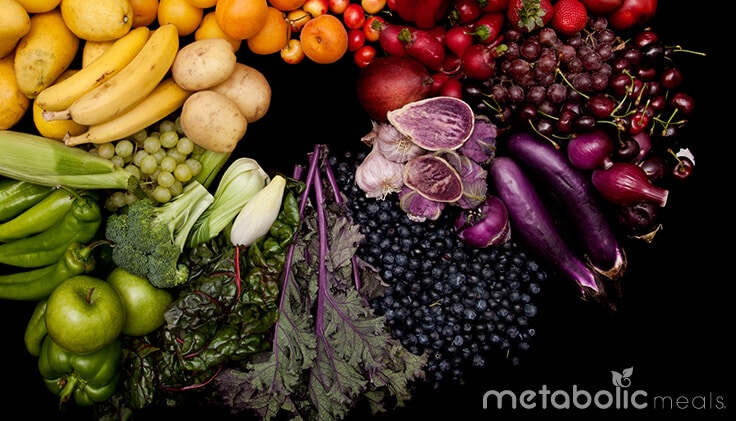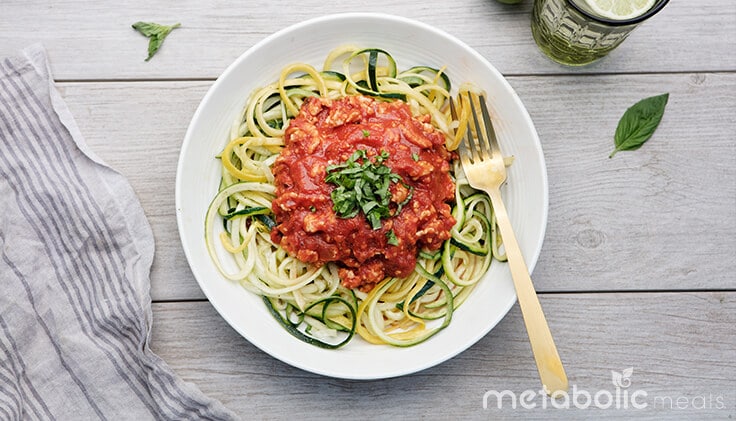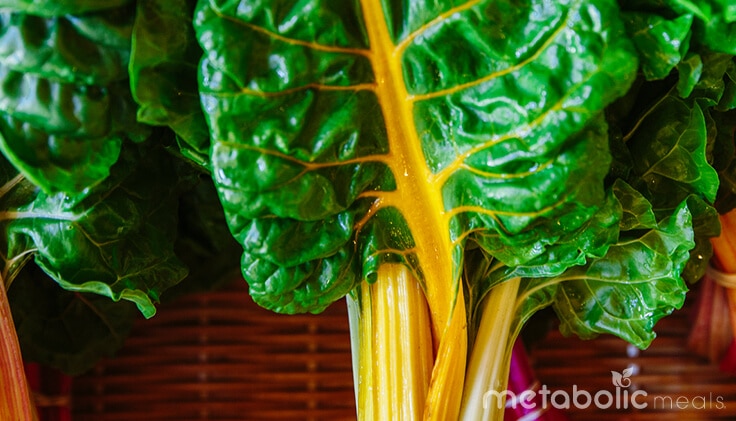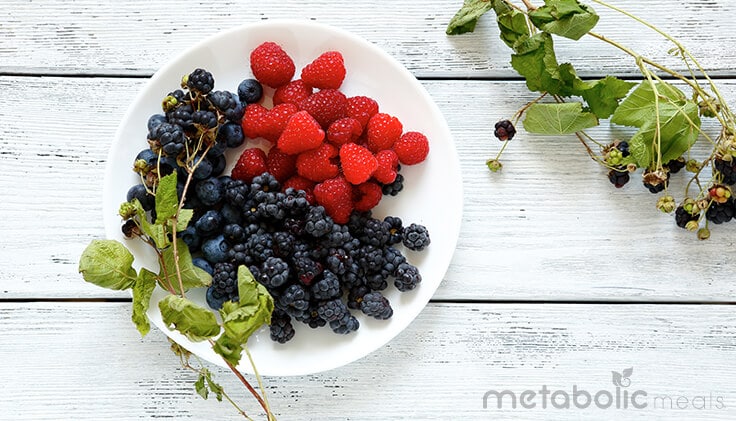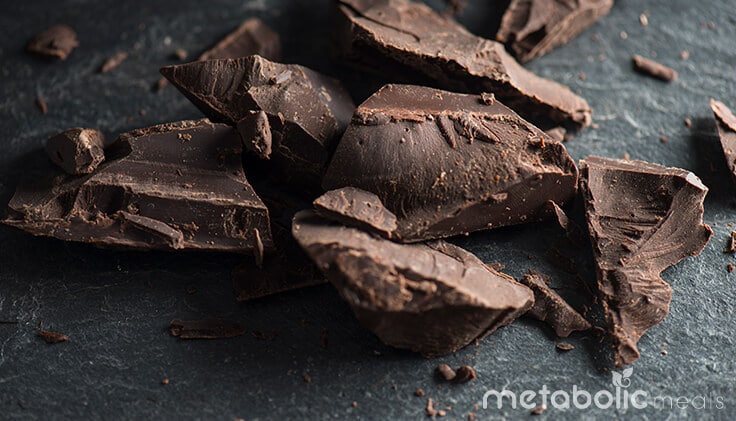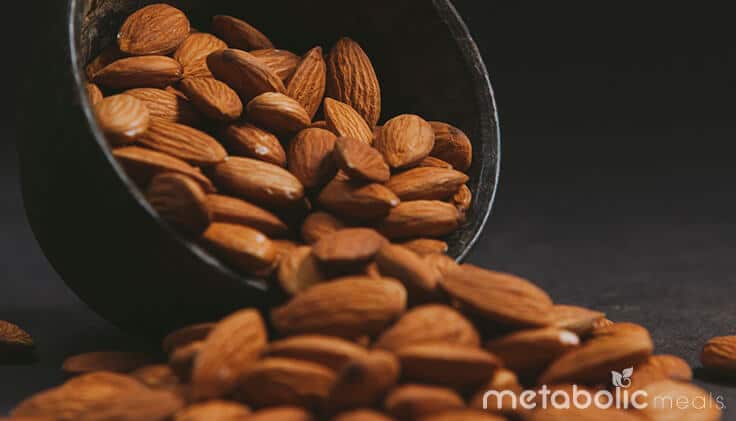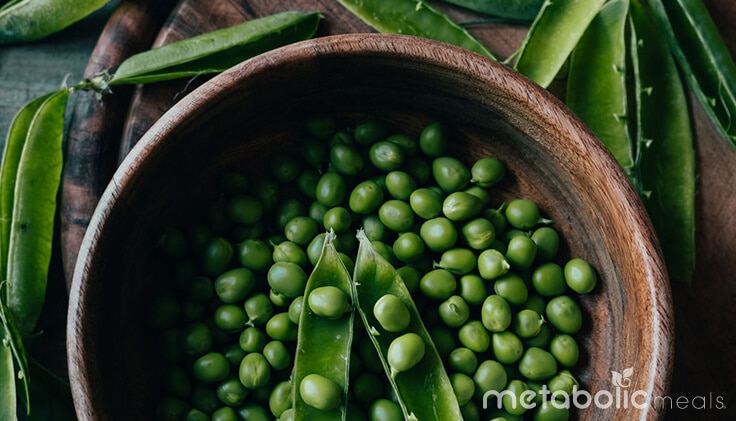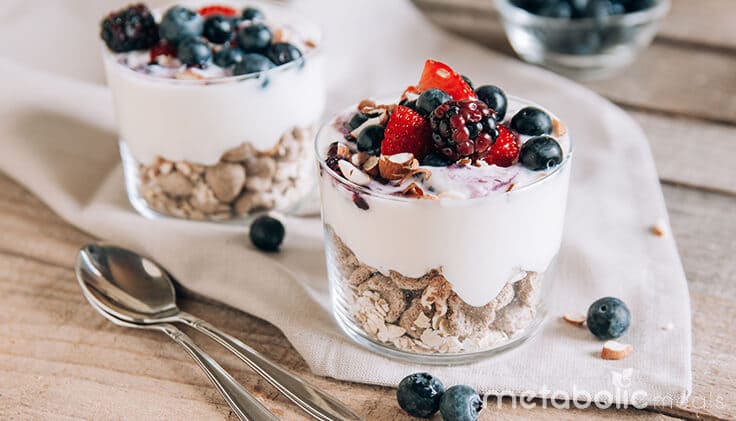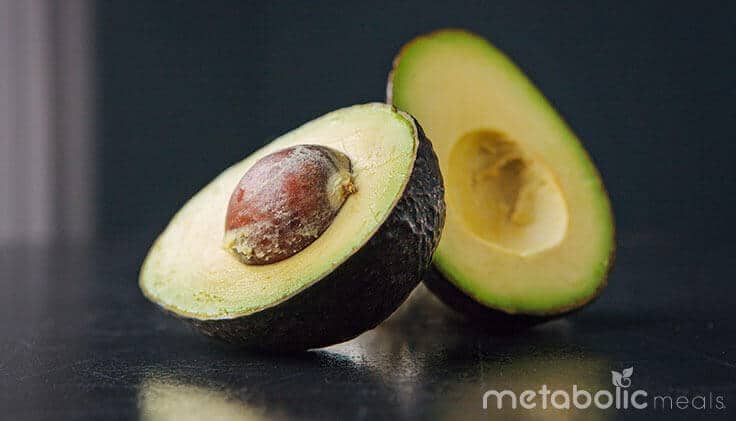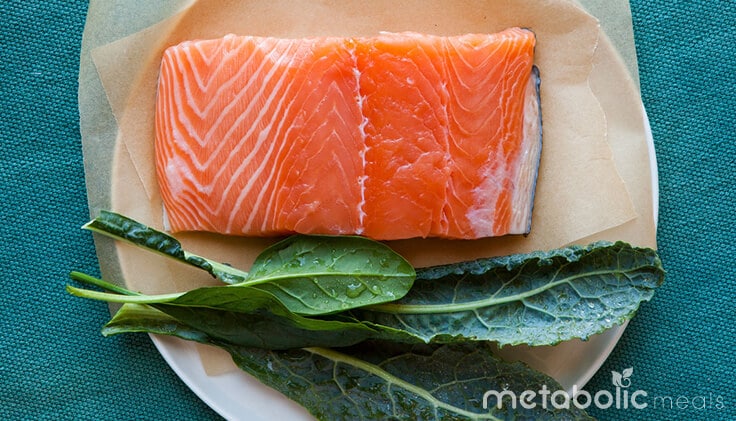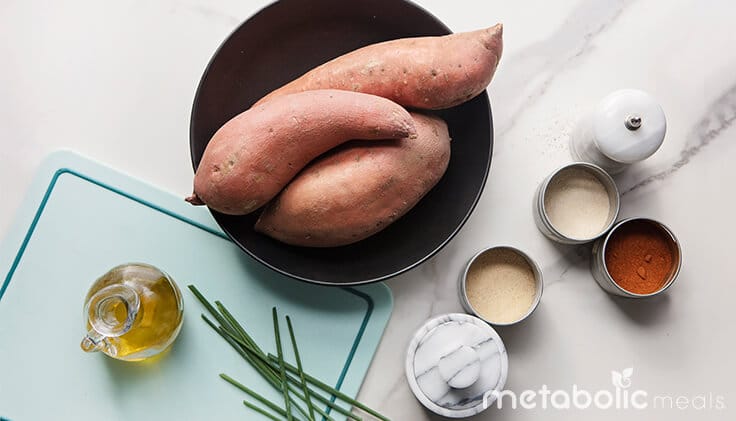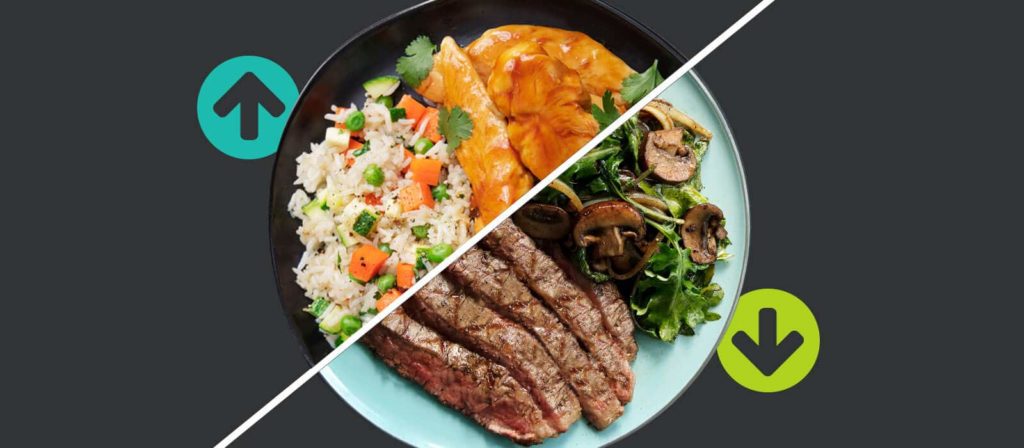In sports medicine, an injury is anything that acutely or chronically disrupts anatomical function or generates pain. Acute and chronic injuries cause damage in different ways, so tailoring and fine-tuning are essential to the recovery process for both types.
Besides the type of injury incurred, several other factors dictate the building blocks necessary for a successful recovery. A comprehensive, multifaceted recovery should incorporate high-quality sleep, proper nutrition, psychophysiological recovery, and activity modification.
For example, athletes typically need nine to 11 hours of quality sleep each night for their muscles to repair themselves. That’s especially important during physically demanding times such as injury recovery. Athletes must also heal from the psychological impacts of the injury with the help of physical and mental health therapy before going back out onto the field. If they try to be too active too soon, they risk delaying their recovery or reinjuring themselves.
During all of this, athletes also have to properly fuel their recoveries according to their specific type of injuries. In acute injuries, such as sprained joints and fractured bones, proper nutrition is essential to control rapid inflammation and remodeling. In chronic injuries, which result from frequently overusing certain areas of the body, poor nutrition can perpetuate symptoms and hinder recovery at each step.
10 Foods to Boost Acute and Chronic Injury Recovery
To accommodate these needs, athletes recovering from acute injury should consume more vitamin C, vitamin E, and zinc than those recovering from chronic injury. Likewise, evidence shows that antioxidants and proteins help counter muscle loss and could boost recovery for chronic injuries that inhibit movement for long periods. Calcium is essential in both types of injuries because it’s integral to bone growth, healing, and remodeling.
Other foods are known to have anti-inflammatory properties that help can optimize healing and recovery, such as fruits and vegetables that are rich in antioxidants and polyphenols. Overall, a nutrient-dense diet with a colorful variety of foods should be adequate to ensure that athletes meet their macro- and micronutrient needs during recovery.
This can be challenging thanks to a Western diet of highly processed foods that have lost much of their natural nutrient density. The closer food is to its original source, the better, and these 10 nutrient-rich foods could help athletes overcome that challenge more easily:
1. Greens
Greens such as kale, collards, bok choy, and spinach are among the most nutrient-dense ingredients to add to salads and smoothies. They contain plenty of essential nutrients and antioxidants that help keep inflammation under control. Dark, leafy greens also provide plenty of calcium for bone health and healthy carbs for optimal muscle recovery.
2. Berries
Berries are also rich in nutrients, but they’re best known for their high antioxidant counts. Blueberries and strawberries are the most nutrient-dense berries. However, most berries contain enough antioxidants to significantly reduce oxidative stress and cellular damage. They can be blended into smoothies, used to top salads, or eaten as a healthy snack or side for larger dishes.
3. Oranges
While most fruits are good additions to a recovery diet, oranges are particularly high in vitamin C and calcium. That’s in addition to more than 170 phytochemicals and more than 60 flavonoids — highly valuable anti-inflammatory nutrients. These nutrients help optimize your immune system’s inflammatory response while also helping to boost muscle recovery.
4. Dark chocolate
Chocolate is also rich in antioxidants, but dark chocolate has the highest concentration of them. Compared to milk chocolate, the darker variety contains as much as three times more flavanol, which fortifies red blood cells. In moderation, dark chocolate might help reduce blood pressure, insulin sensitivity, and overall inflammation.
5. Almonds
Almonds are an excellent nondairy source of calcium as well as a healthy source of antioxidants. Studies have shown that eating almonds regularly can significantly reduce oxidative stress, sometimes by as much as 34 percent. However, most of an almond’s antioxidants are in its skin, so removing it reduces the almond’s health benefits.
6. Peas
Peas are an excellent plant-based source of protein and calcium. They also contain ample fiber, a variety of phytochemicals, and numerous vitamins and minerals. Their high concentration of nutrients makes them pivotal in combating deficiencies and filling out a properly balanced injury recovery diet.
7. Yogurt
Yogurt is a popular source of calcium and other nutrients, but most of its most famous benefits involve its live healthy bacterial content. These probiotics boost the healthy microbiota needed for optimal gut health and are vital to overall wellness. Yogurt is also rich in calcium, protein, and other nutrients needed during injury recovery.
8. Avocados
Nutrition experts often advocate for avocados because of their anti-inflammatory properties. In addition, they contain high levels of healthy unsaturated fats and the vitamin D your body needs to properly absorb calcium. Plus, unlike with many other fruits, you can prepare an avocado however you wish and still enjoy its many health benefits.
9. Fish
Another high-quality source of healthy fats and vitamin D is fish. Along with other types of seafood, fish is an essential source of omega-3 fatty acids and healthy proteins. In addition to helping with injury recovery, eating plenty of fish can also lower blood pressure and improve overall blood vessel function.
10. Sweet potatoes
Sweet potatoes are an overall nutrient-dense food known for helping build lean muscle. They’re rich in fiber, vitamin D, vitamin, E, potassium, and a wide variety of other micronutrients. In addition, sweet potatoes provide several types of antioxidants, including carotenoids that counteract cell damage caused by sports injuries.
Recovering from an injury isn’t always easy, but it’s almost always successful with personalized nutrition, enough good-quality sleep, and a team of coaches, trainers, and experts in your corner.
Dr. Aloiya Earl works with University of Alabama athletics as a Sports Medicine Fellow. She received her Bachelors of Science in Exercise Science from the University of South Carolina, her M.D. from The University of Toledo College of Medicine, and she completed her residency training at The Ohio State University. She is a member of the American Medical Society for Sports Medicine.

